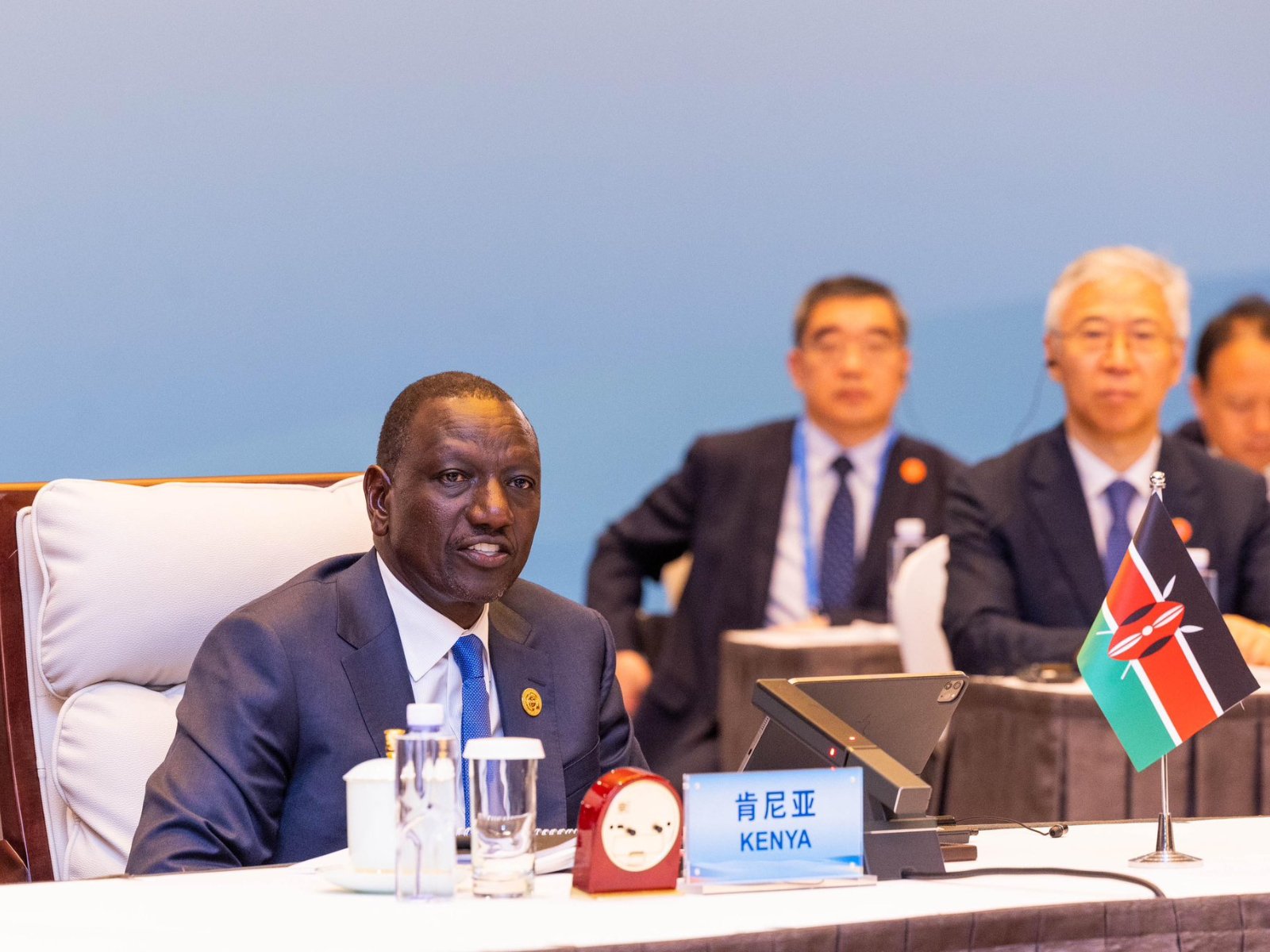Turnover tax will help formalise informal sector

By Faustin Mwinzi
Colonisation and civilisation are two sides of the same coin. While one elicits memories of torture and dehumanisation, the other brings hope and prosperity to the land once known as a free country (Africa).
Native Africans lived in this free country on what nature could provide. The only semblance of an economic activity was barter trade.
Then came the missionaries and colonists who found a mass that attached no value to the little copper pieces known as money. The colonial masters had to devise a way of making money a necessity to the natives.
On of the way to achieve this was poll tax or hut tax. Colonial taxes were not meant for funding the exchequer but a means of subjugating Africans to labour to earn money solely for the purpose of paying taxes.
Later, Africans would discover the power of money. Needless to say, the formal economies we see today would not have been without these crafty taxes.
Taxation is not just about revenue, it’s an unparalleled instrument of the state for steering the economy. Let me draw a parallel between the pre-colonial economic system and our current system.
The Kenyan economic system is largely informal. The informal sector is a thriving one given the number of employment opportunities it commands. The volume of transactions in this sector is equally monumental.
Yet it has been difficult to document the true worth of this sector. Indeed, even the traders themselves might not tell exactly what they own or owe.
In the light of this, external financing to this sector is almost impossible due to the unorthodox models of operations involved. Resources and extension services may not be easily available because needed information may be lacking.
The benefits of pooling capital and the resultant economies of scale effect cannot be enjoyed in this sector where it’s every man for himself.
Succession is a nightmare because most outfits are unregistered and their operations undocumented. Given the nature of the informal sector as described, attempts to tax this sector have been a wild goose chase for the government.
Micro, small and medium enterprises or the hustler nation as they call it, is a blessing and needs to be nurtured to the next level. The first step is formalising the sector. Introduction of taxation that ensures the sector also contributes in the national revenue kitty is an important formalisation facet.
What does taxation have to do with formalising the informal sector? The recent move by the Kenya Revenue Authority to reintroduce Turnover Tax (TOT) may turn out to be a blessing in disguise.
TOT, coupled with presumptive tax, which is charged at the rate of 15 per cent on annual single business or license fee, has been criticised as punitive to struggling enterprises. Should we let proponents of this idea discourage us? Not at all.
It’s worth noting that some of the targeted enterprises are not as small as one would imagine. It is a multibillion shilling sector that has created super rich entrepreneurs who have been operating without paying tax. However, that’s a topic for another day.
The TOT, if well implemented, will make a demand on the informal businesses to reorganise their affairs. A systematic way of determining the gross turnover has to be devised.
A well regimented system of accounting may be too much to ask of them, but an innovative idea is long overdue. A strict system of receipting and capturing of transactions such as the Electronic Tax Register (ETR) used in the Value Added Tax regime could help.
The idea is, as the government collects the three per cent tax,a lot of information will be generated and left at the disposal of the traders. That way, revenue leakages may be sealed by a well-functioning sales recording system.
As a result, substantial and valuable data will be gathered in the process for the benefit of all stakeholders. The same way poll tax introduced money economy back in the day, TOT will introduce formal procedures in informal sector.
As I noted earlier, taxation is not just about revenue, it is unparalleled instrument of the state for steering the economy. That’s the bigger picture.
—The writer is a lecturer at KCA University










